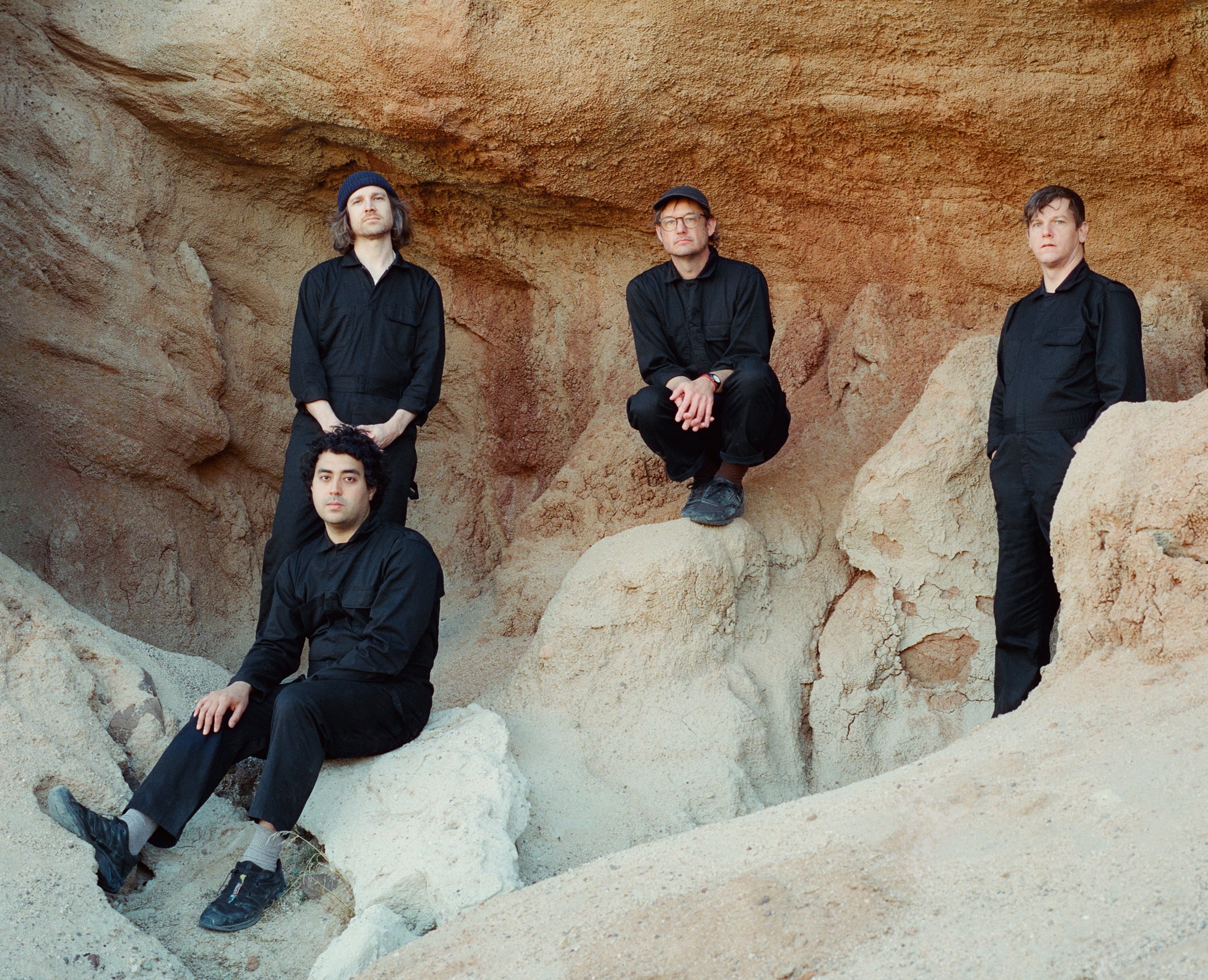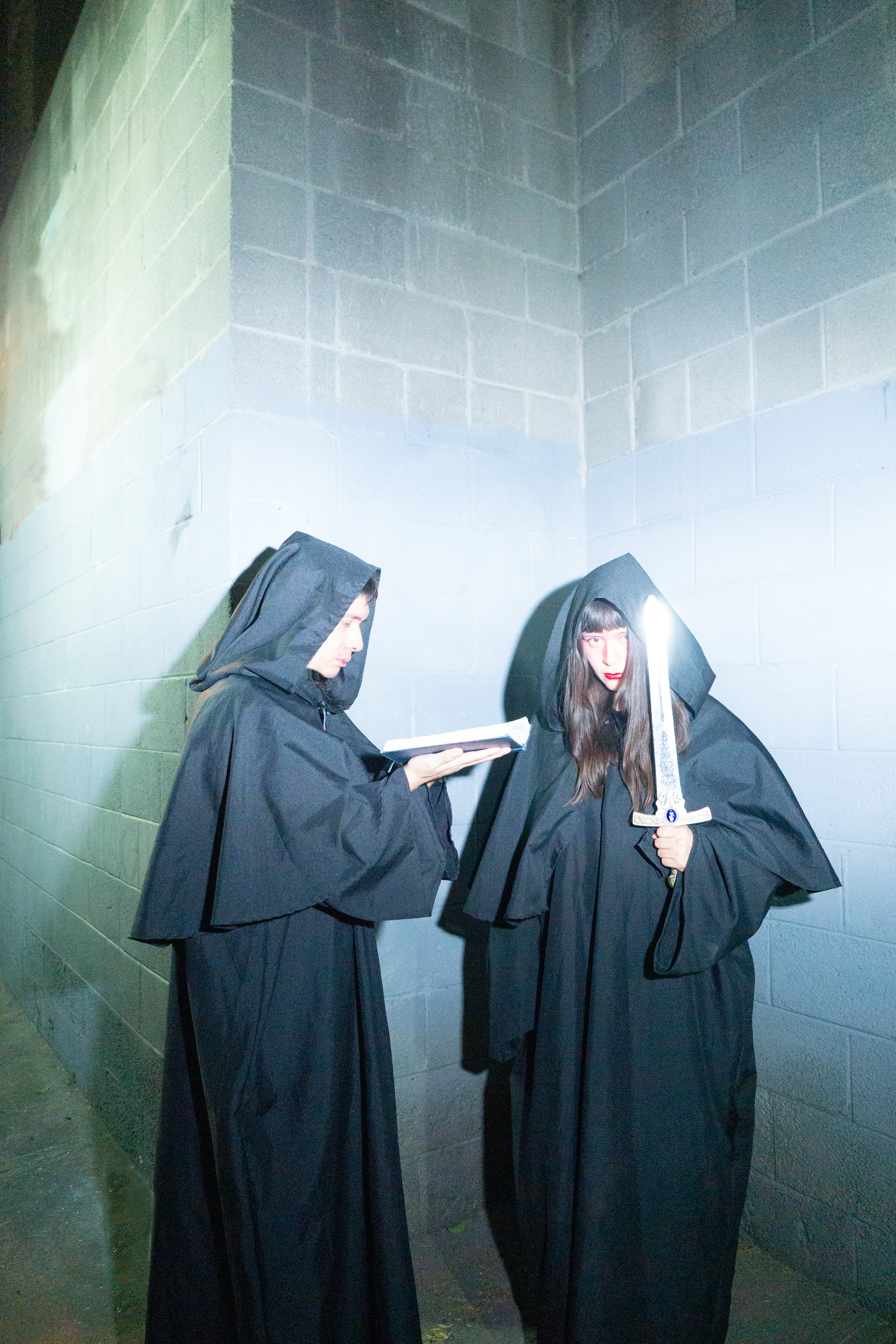STRFKR
Valgur, Happy Sad Face

Event Info
Brooklyn Bowl Nashville
925 3rd Avenue North
Nashville, Tennessee 37201
This event is 18+, unless accompanied by a parent or legal guardian. A physical, valid government-issued photo ID is required for entry. No refunds will be issued for failure to produce proper identification. Want to have the total VIP experience? Upgrade your ticket today by reserving a bowling lane or VIP Box by visiting the VIP Upgrade tab on our website.
Artist Info
STRFKR

In a journey that’s been taking new directions since it started, every step of the way has led STRFKR to Parallel Realms. The band’s energetic, danceable pop has assumed many forms since they first emerged in 2007, always reliably delivering unshakeable melodies and larger-than-life anthems infused with intellectually challenging lyrics. In recent years, STRFKR explored more experimental waters when they constructed a fuzzy dream world with their home-recorded 2020 album Future Past Life or subtracted structure entirely from fully instrumental collection Ambient 1. New album Parallel Realms finds yet another path, redefining the kind of direct, high-impact songwriting that’s long been the core of the band’s strongest material. Streamlined and immediate, the album distills STRFKR’s 15 plus years of artistic growth without forfeiting any of the perspective they’ve gained along the way. It’s their clearest, most organized, and most exciting work yet.
As with many other albums, Parallel Realms started with sorting through a mountain of ideas looking for inspiration. While combing through stacks of partially-realized demos, it became clear that the most interesting songs all had a consistent playfulness to them. A through-line of upbeat fun gradually came into view, with a joyous vibe that sometimes bordered on ‘80s synth pop euphoria. STRFKR followed this impulse further, digging back through their archives to seek out songs that hadn’t made sense until now, but matched the specific uplifting feeling that was becoming the connective tissue for the new album.
Subconscious lyrical patterns started arising, as well, repeatedly circling back to the idea of how different people can experience the same thing from wildly different emotional vantage points. This kind of parallel intake served as the inspiration for many of the songs, and ultimately the title of the album. Songs gelled around this concept quickly. Relentlessly hooky, “Together Forever” uses its rubbery bass line and melodic instrumentation to express different sides of the frustration and satisfaction of love. “Holding On” ping-pongs through tormented indecision about keeping a relationship alive or letting it go with a dreamy instrumental that sounds like sunbeams tearing apart the sky. Dark-yet-bubbly single “Armatron” evolves from tension to tenderness, mirroring a heated lover’s argument that settles into softness when tempers cool. This is reflected in how the song’s sassiness transitions into a more introspective feel in its second half, and is one of many moments on the album that STRFKR arrived at through heightened collaboration, not just between the band members, but with valuable input from network of trusted friends and advisors. For a band used to getting into the weeds with their highly controlled writing process, everything fell into place almost a little too effortlessly. At some point, though, they made a conscious decision to step out of their own way, not overcomplicate things, and just let the album come together around this new, singular energy.
This approach continued into the album’s recording phase. The band returned to the stripped-down mindset they’d used when making Future Past Life, but instead of that record’s psychedelic blurriness, they applied uncluttered, no-nonsense arrangements to electro-pop bangers. The abrupt gear-shifting and experimental detours of previous albums are reshaped into concise, song-serving flashes. Minute-long ambient interludes provide palate cleansers between immediately catchy floor-filling dance tracks, and neither overstay their welcome. What really rocketed the album past the finish line was handing over mixing duties to Chris Coady (Beach House, Yeah Yeah Yeahs, Blonde Redhead). This marked the most hands-off STRFKR has ever been with the final step of any of their records, relinquishing control and just letting Coady work his magic. This followed Parallel Realms’ tendency toward collective creation, and Coady’s mixing rivaled anything the band had achieved before. The rhythm sections are huge, the hooks are crystalline, and the entire album gels into a cohesive, dynamic whole. Gone are any hints of “indie” caliber production; these songs sound enormous, with a level of glitter that contends with modern commercial radio hits.
More than anything STRFKR has made before, Parallel Realms carries a triumphant sense of renewal. Though never implicitly stated, the elevated sound, straightforward songwriting, and especially unclouded vision of the album all convey the feeling of breaking through to new possibilities. Somehow, this many years into an ever-changing evolution, STRFKR has made some of their most accessible music yet while still furthering the introspective thinking and self-imposed challenges that have always pushed their art forward. Parallel Realms courses with positivity even in its heaviest moments. It sounds incredible, it encapsulates untold hours of multiple lives committed to making beauty out of song, and above anything else, it feels wonderful.






